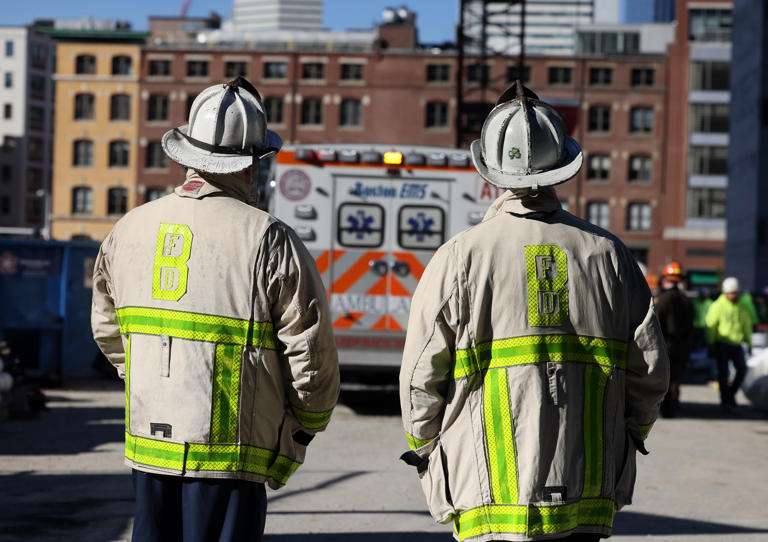The state experienced a temporary disruption in the 911 system on Tuesday, but emergency management teams quickly found solutions and no fatalities occurred. This incident is unexpected, especially considering Massachusetts has one of the most advanced 911 networks in the country. John Chiaramonte, the president of consulting services for Mission Critical Partners, is puzzled by the widespread outage. He mentioned that Massachusetts has made significant progress in improving their 911 system at the state level. Massachusetts is among a small number of states that have transitioned to a Next Generation 911 system, which utilizes internet-based technologies. This transition may have contributed to the issue at hand.
The recent network outage, which was managed by Comtech on behalf of the state’s Executive Office of Public Safety and Security, has been attributed to a malfunctioning firewall. A firewall is a software or hardware that scans incoming data packets and filters out any potentially harmful ones, such as those containing malware.
Firewalls employ complex rules to identify and block malicious data, but there is always a risk of misconfiguration, which can result in allowing harmful content or, in this case, blocking legitimate traffic.
The need for firewalls arose as the 911 service expanded. Initially, when the first 911 service was launched in Haleyville, Ala., in 1968, firewalls were unnecessary as the analog system did not require them. However, as emergency management agencies added more advanced services to the 911 system, including the ability to detect callers’ names and addresses, firewalls became crucial. This was a relatively straightforward process when all phones were landlines and operated from fixed locations.
In the 1990s, the increase in wireless phones led to the creation of enhanced 911 systems that could determine a mobile caller’s location using data from cellphone towers or a wireless phone’s location tracker.
However, by 2000, federal, state, and local agencies desired a more advanced system – a digital network based on internet protocols. This system had significant advantages as it could handle more than just voice traffic.
For example, a next-gen 911 network has the capability to transmit still or video images. This means that a victim of car theft could send pictures of the stolen vehicle, or a parent could share a photograph of their missing child.
Before the implementation of internet technology in 911 systems, they were limited to local areas. Calls were handled by the nearest 911 call center, but these centers lacked effective communication with each other. This meant that if a local call center was affected by a natural disaster, many people would be left without emergency services.
However, with the adoption of internet-based systems, it became much easier to redirect calls to functioning call centers. In advanced systems like the one in Massachusetts, other centers can step in and provide emergency services if one or two centers go offline.
This makes the explanation regarding the firewall even more puzzling. A next-gen 911 system is designed to be decentralized in order to minimize damage in the event of a breakdown. However, it appears that all of the state’s 911 calls may have been routed through a single problematic firewall.
“I am not aware of the events that occurred in the state yesterday,” Chiaramonte stated, “but there are specific features in Next Generation 911 that are designed to prevent such incidents. What was the contingency plan? What backup measures were in place?”
This is not a plea to abandon the next-gen system. Nowadays, almost all communication networks operate on internet protocols, and the advantages are undeniable. However, we must also acknowledge the risks, including cybercrime.
In 2017, call centers in multiple states were overwhelmed by a flood of computer-generated fake calls. In 2022, a ransomware group paralyzed emergency phone services in Suffolk County, N.Y. Earlier this year, the 911 network in Bucks County, Pa., was compromised by a cyberattack.
While firewalls are crucial in defending against such attacks, it is equally important to construct a 911 system that minimizes the impact when something goes wrong. We believed we had such a system—until Tuesday.
